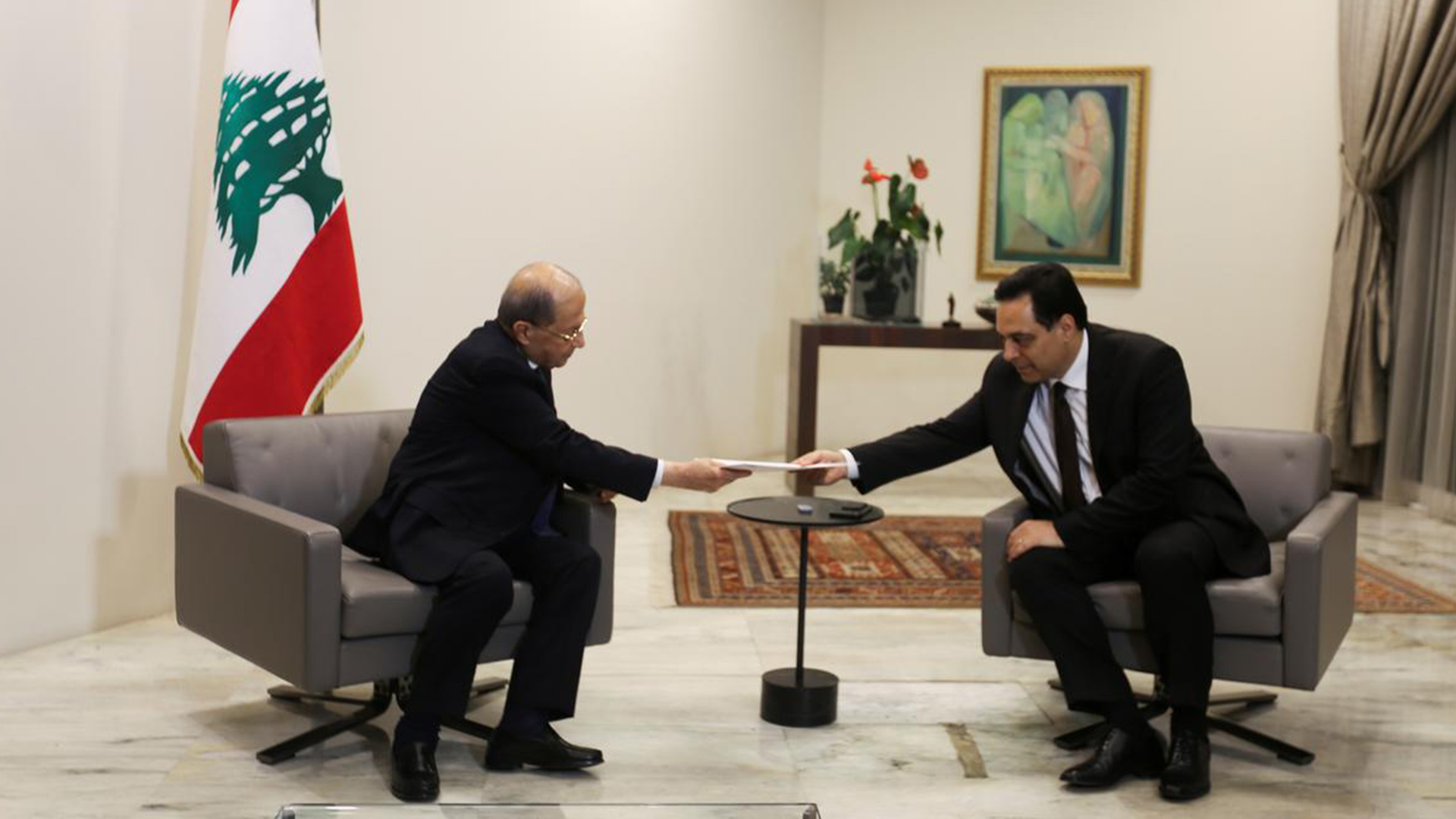4 years ago

Lebanon’s prime minister announced his government’s resignation on Monday, saying a huge explosion that devastated Beirut and triggered public outrage was the result of endemic corruption.
The Aug. 4 detonation at a port warehouse of what authorities said was more than 2,000 tonnes of ammonium nitrate killed at least 163 people, injured more than 6,000 and destroyed swathes of the Mediterranean capital, compounding months of political and economic meltdown.
“Today we follow the will of the people in their demand to hold accountable those responsible for the disaster that has been in hiding for seven years,” Prime Minister Hassan Diab said in a speech announcing the resignation.
He blamed the disaster on endemic corruption and said those responsible should be ashamed because their actions had led to a catastrophe “beyond description”.
“I said before that corruption is rooted in every lever of the state but I have discovered that corruption is greater than the state,” he said, pointing to a political elite for preventing change and saying his government faced a brick wall on reforms.
While Diab’s move attempted to respond to popular anger about the blast, it also plunged Lebanese politics deeper into turmoil and may further hamper already-stalled talks with the International Monetary Fund (IMF) on a financial rescue plan.
The talks, launched in May, were put on hold due to inaction on reforms and a row between the government, banks and politicians over the scale of vast financial losses.
President Michel Aoun accepted the resignation and asked Diab’s government - formed in January with the backing of Iran’s powerful Hezbollah group and its allies - to stay as a caretaker until a new cabinet is formed, a televised announcement said.
At the White House, U.S. President Donald Trump said the explosion had triggered what he called “a revolution,” but did not comment further.
Ahead of Diab’s announcement, demonstrations broke out for a third day in central Beirut, with some protesters hurling rocks at security forces guarding an entrance leading to the parliament building, who responded with tear gas.
For many ordinary Lebanese, the explosion was the last straw in a protracted crisis over the collapse of the economy, corruption, waste and dysfunctional governance, and they have taken to the streets demanding root-and-branch change.
“The entire regime needs to change. It will make no difference if there is a new government,” Joe Haddad, a Beirut engineer, told Reuters. “We need quick elections.”
The system of government requires Aoun to consult with parliamentary blocs on who should be the next prime minister, and he is obliged to designate the candidate with the greatest level of support among parliamentarians.
Forming a government amid factional rifts has been daunting in the past. Now with growing public discontent with the ruling elite over the blast and a crushing financial crisis, it could be difficult to find a candidate willing to be prime minister.
After former premier Saad Hariri stepped down in Oct. 2019 amid anti-government protests over perceived corruption and mismanagement, it took more than two months to form Diab’s government.
Diab’s cabinet was under severe pressure to step down. Some ministers had already resigned over the weekend and Monday while others, including the finance minister, were set to follow suit, ministerial and political sources said.
Diab said on Saturday he would request early parliamentary elections.